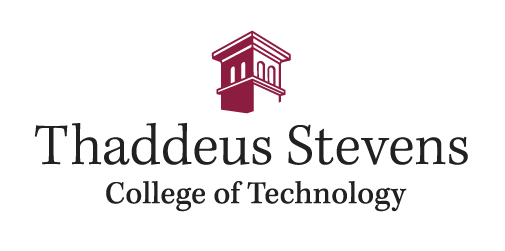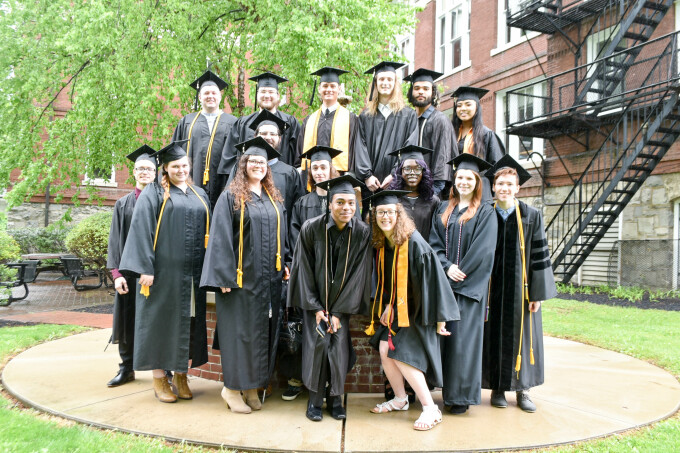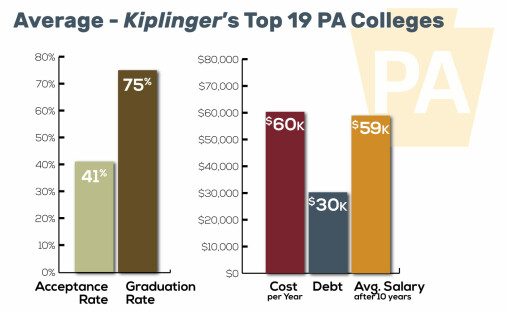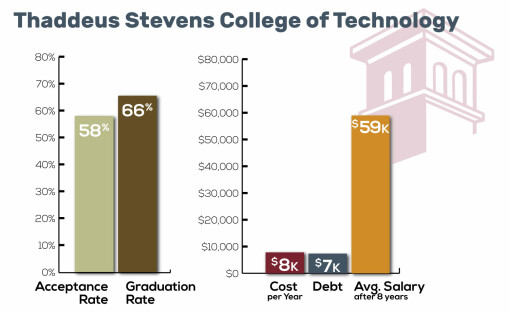College @ the Leading Edge

Closing the gap
The skills gap describes a misalignment between educational supply and economic demand, and it highlights the need for skills-driven degrees that prepare students for emerging careers and address workforce shortages. While many institutions of higher education face an uncertain future, Thaddeus Stevens is poised at education’s leading edge—offering a direct path to rewarding careers and fulfilling lives, yet without burdening graduates with insurmountable debt.
College that meets the growing demand for skilled workers
A report by the Manufacturing Institute predicts that nearly 3.5 million US manufacturing jobs will open up over the next decade, but the skills gap will result in 2 million of those jobs going
unfilled.
The Business Roundtable says companies are having a difficult time filling jobs that require specialized skills, but not necessarily a traditional four-year degree, such as welders, energy and computer technicians, mechanics and tool and die makers. And with baby boomers retiring in record numbers, workforce shortages are accelerating.
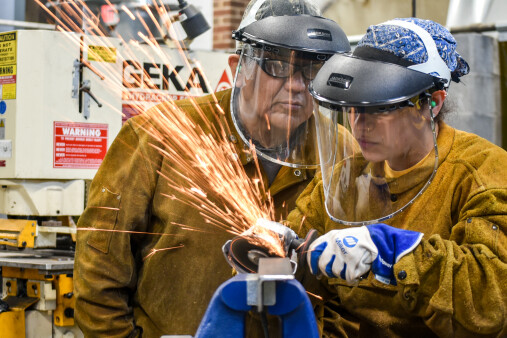
That’s why two-year technical degree holders are beginning to outpace the annual earnings of many four-year graduates, according to Kevin Fleming, a national advocate of career and technical education (CTE). Employers are also aggressively recruiting. At Thaddeus Stevens, 1,300 regional employers with more than 3,000 job openings actively recruited members of the Class of 2017, of which there were only 415. That’s 8+ jobs per graduate.
“The STEM jobs currently needed nationally require hands-on technical skills, contextualized general education understanding, and industry credentials,” explains Fleming, dean of instruction for career and technical education programs at Norco College, Calif., who spoke at a Thaddeus Stevens event in February 2017. “We are producing many college graduates, but too few possess the employability, technical, and professional skills STEM employers are seeking.”
"Not only do our graduates find good jobs," says Laurie Grove, "we see so many of them moving into supervisory roles within the first years of employment."
Giving students tools for work and for life
Graduates of Thaddeus Stevens leave with more than just job-based skills. They’re prepared for work—and for life.
The depth and breadth of the College’s technical curriculum
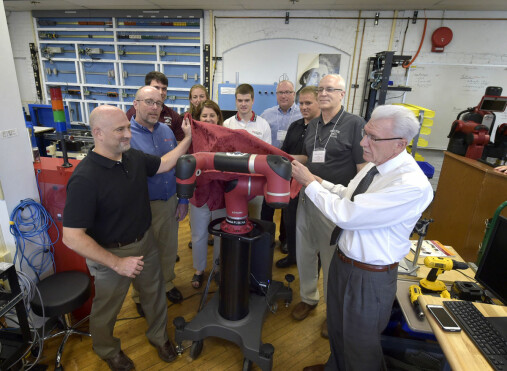
Thaddeus Stevens also offers students applied learning experiences in just two years that rival or surpass opportunities at many four-year institutions. The College’s Home Construction Program is a great example, with students from several construction programs collaborating to build award-winning duplex homes in the community. A large percentage of students participate in paid internships, many of which lead to full-time offers prior to graduation.
“Over the past three years, 98 percent of employers we have surveyed say they are satisfied or very satisfied with the level of preparation of our graduates entering the workforce,” said Laurie
Grove, the College’s director of career services. “Not only do our graduates find good jobs, we see so many of them moving into supervisory roles within the first few years of employment.”
A golden ratio: low student debt/ high employability
And all this costs a lot less.
Nationwide, 44 million people owe $1.3 trillion in student debt. That’s more than the gross domestic product of Russia. The average 2016 graduate has more than $37,000 in student loan debt.
2 year technical degree
234 internships
415 students recruited by
1,300 regional employers
“Statistics like these have people questioning the value of higher education altogether, which is a shame,” says Dean of Enrollment Michael DeGroft. “You can find value in higher education—you just need the right degree.”
The average student loan debt for Thaddeus Stevens graduates is only about $7,000. Importantly, more than half of all students qualify for the Stevens Grant, which covers tuition, housing, meals, tools, and textbooks.
“These students are on the fast-track to a high-demand job with little or no debt as they start their career,” DeGroft says.
A fast return on educational investment
Compared to the general higher education landscape, the return on investment at Thaddeus Stevens is obvious.
Nationwide, it is estimated that half of
in their majors, immediately after graduation. Total graduate placement is between 96 and 99 percent.
Further, more than one in six grads from the Class of 2017 reported starting income of more than $50,000, which is
Dominic Bridi started on that path to a bachelor’s degree. But he’s thankful he changed course. As tuition continues to rise, students take on more debt to complete a degree only to compete with more baccalaureate graduates for fewer jobs. That’s why Dominic thinks more students should consider
their alternatives.
“A lot of high schools—and parents, too—push four-year schools,” he says. “I wish more of them would offer that there’s another option.”
Kevin Fleming's Success in the New Economy
